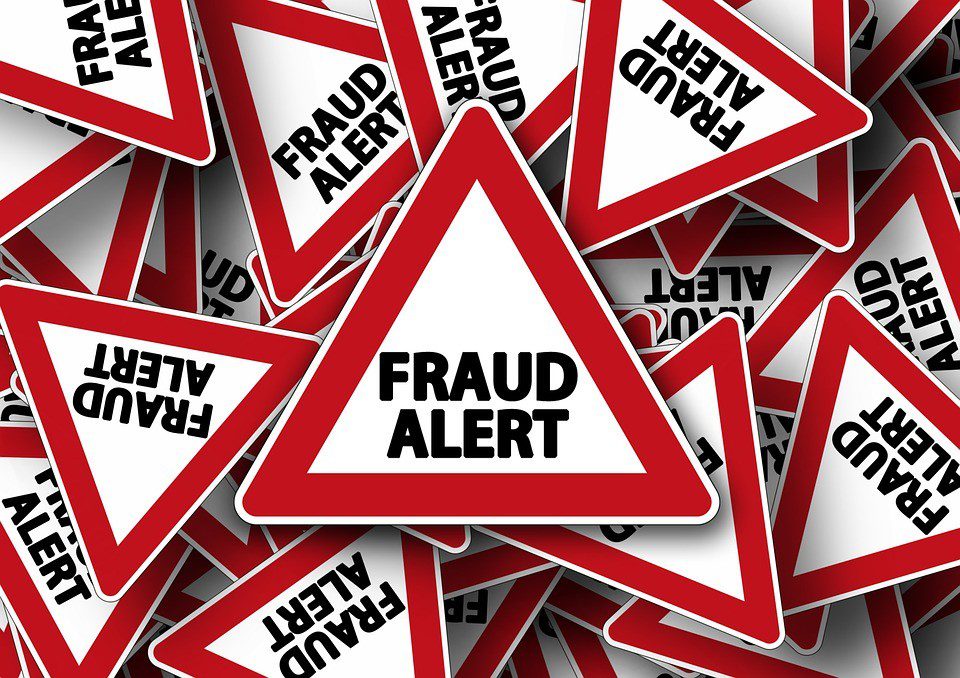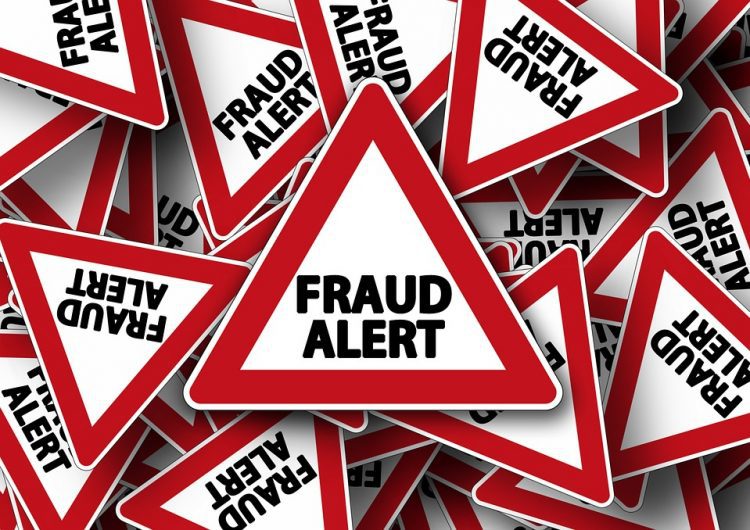No products in the cart.
Globally Known Scams in the Real Estate Industry

The Federal Bureau of Investigation reveals that scams involving real estate transactions have become so common. This is the reason why they have come up with IC3 or Internet Crime Complaint Center to help address such issues. In 2017 alone, 9,645 cases of real estate scams were reported to the said office. The good news is that there are many ways to be able to avoid being a victim of these scams. One of these is to increase a consumer’s awareness about the existence of these different types of scams.
Read on to know more about how these scammers operate and protect yourself from being among their victims.
Inheritance Fraud Work
This kind of scam works when an overseas lawyer or any other “seemingly legal official” sends an email to a prospect victim telling the latter that an individual who shared the same family name has died. The email will further discuss some details that tell the recipient that he is about to inherit a million-dollar real estate. To be able to claim such wealth, the email recipient would have to pay a significant amount of money first for the transfer of title and other fees for the processes involved to make the transfer of wealth legal. If you are among those people who do not know anything about how to avoid inheritance scams, chances are you will easily believe those photoshopped documents of your so-called relative’s death certificate and copies of last will and testament. These fraudsters are so good at such job of playing with other people’s money that you can hardly notice the fact that they’re just leading you to a rabbit hole of lies.
Closing Date Scam

This occurs when your realtor’s email address is hacked. The hacker will look into the emails of your realtor and if he sees one that mentions about an upcoming closing, an email will then be sent to you which gives you instructions on how you can send your closing funds. This kind of scam has become so rampant that the Federal Trade Commission has already sent a warning that tells people about the possibility of real estate agents’ emails being hacked. If your realtor has the habit of using public Wi-Fi, his account will have higher chances of getting hacked and you as his client of being scammed.
Bait and Switch Scam
Bait and switch scam is one strategy that some scammers, posing as prospective buyers use to be able to extract money from property sellers. In this type of scam, the seller will be convinced to sign a contract to the prospective buyer that allows him to sell the property only to that buyer. The “convincing part” won’t take long because this buyer promises to buy the said property at a price that is above its market value. Once the specified time on the contract ends, the buyer now requests to extend the contract. Consequently, the seller will continue to pay taxes, maintenance, insurance and utilities. Then, after some time the buyer will go back to the seller telling him that the price agreed before is no longer feasible. And, since the seller had already been waiting for long and was already stressed about the continuing costs he had been paying while waiting for it to be sold, he will now agree to the price offered by the buyer. Sadly, this time the buyer offered a below market value price for the property. This leads the seller to losing a significant amount of money as the buyer also threatens to cancel the contract if the seller won’t agree to the price offered by the buyer.
Most cases of real estate scam happen digitally. This is why it is very important that consumers must ask real estate agents and anyone they are working with just how safe their information and correspondence would be. Both parties have to be extra careful about using email and with sharing confidential information.






